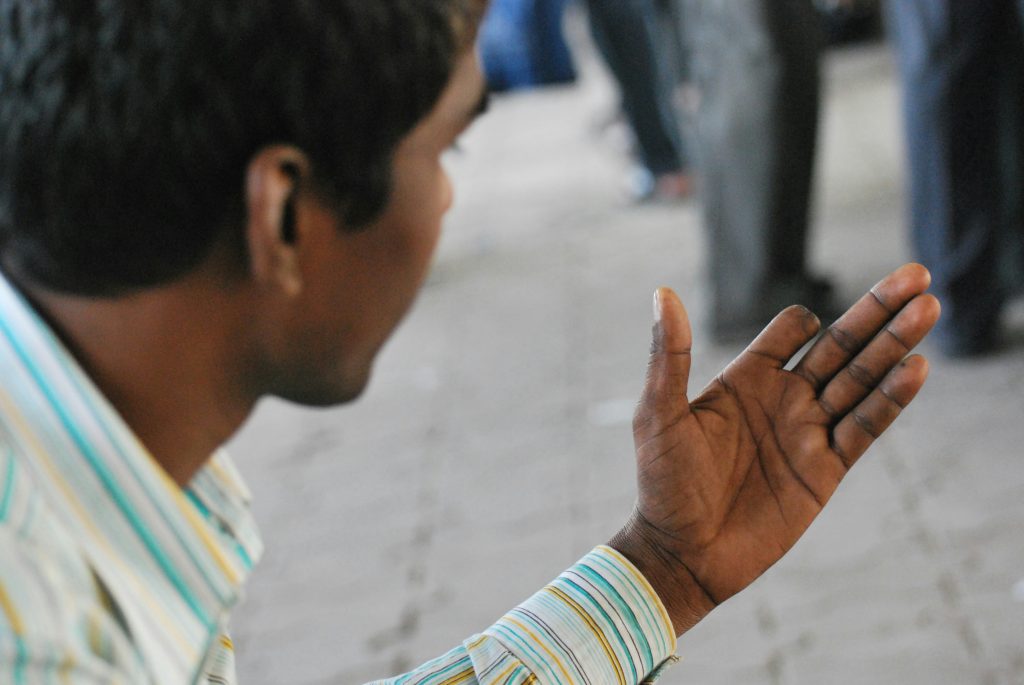When pursuing compensation for losses resulting from negligence or wrongdoing, unraveling the intricacies of damages is crucial. Compensation structures vary depending on the nature of the harm and legal nuances of your case. Here’s a detailed breakdown of the common types of damages you may seek
Medical Expenses: Covering treatment, hospitalization, surgeries, medications, rehabilitation, and therapy costs. Lost Income: Including past and future earnings, bonuses, and any income forfeited due to injury or disability. Property Damage: Addressing repairs or replacements for damaged or destroyed property, such as vehicles, homes, or personal belongings. Out-of-Pocket Expenses: Encompassing transportation, home modifications, and caregiving services directly related to the incident. Intangible Losses (Non-Economic Damages): These subjective losses are harder to quantify and include:
Pain and Suffering: Addressing physical pain, emotional distress, and mental anguish stemming from the incident. Loss of Enjoyment of Life: Reflecting the diminished quality of life and deprivation of recreational activities, hobbies, and social interactions. Loss of Consortium: Compensating spouses or family members for the loss of companionship, affection, and support resulting from the injuries. Emotional Distress: Accounting for psychological trauma, anxiety, depression, and other emotional repercussions experienced. Punitive Measures: Reserved for cases involving egregious conduct, punitive damages aim to punish the defendant and deter similar behavior. These are awarded on top of compensatory damages and typically arise from instances of gross negligence, willful misconduct, or malicious intent.
Compensation in Wrongful Death Cases: In wrongful death cases, specific damages may be pursued by surviving family members, including:
Funeral and Burial Expenses: Covering the costs associated with laying the deceased to rest. Loss of Financial Support: Addressing the financial contributions the deceased would have provided to dependents. Loss of Companionship and Consortium: Compensating for the emotional and relational void left by the deceased. Emotional Distress: Recognizing the psychological impact on surviving family members. It’s essential to note that compensation structures may vary by jurisdiction and case specifics. Consulting with a knowledgeable legal professional, like those at Ashley Kargar, can illuminate your rights and avenues for seeking rightful compensation. Our adept team is dedicated to guiding individuals through the intricate legal landscape, ensuring they receive the full and equitable compensation they’re entitled to.

